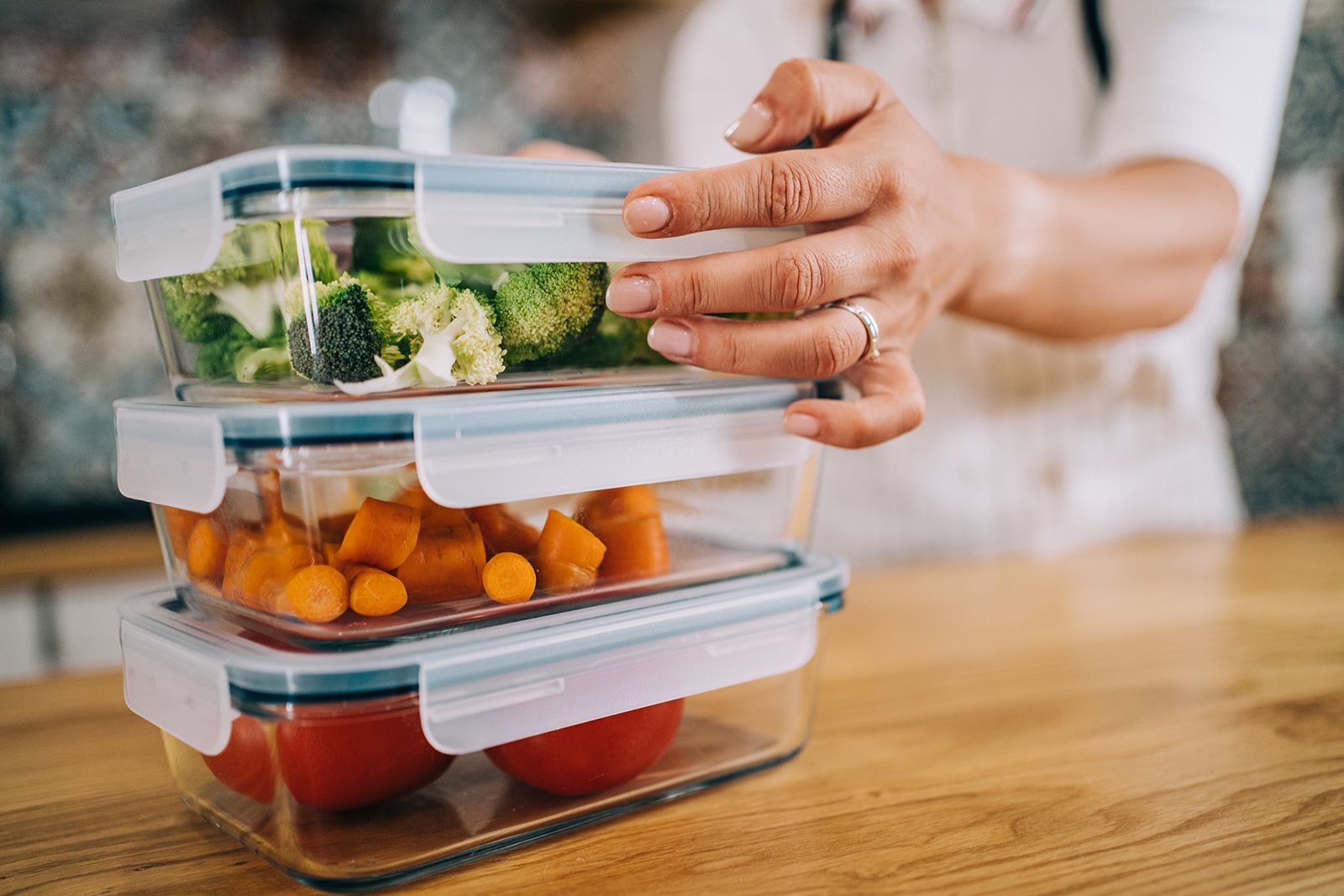In today's fast-paced world, convenience often comes hand in hand with concerns about environmental impact and health. One area where these concerns intersect is in the use of plastics for food containers. The debate over whether plastics food containers are a suitable choice is a complex one, influenced by factors ranging from convenience and affordability to environmental sustainability and health implications. In this blog post, we'll delve into the pros and cons of plastics food containers to help you make an informed decision.

Convenience and Affordability: Plastics food containers are undeniably convenient and affordable options for storing and transporting food. Their lightweight nature makes them easy to carry around, whether for packed lunches or leftovers. Additionally, plastics containers are often less expensive than alternatives such as glass or stainless steel, making them accessible to a wide range of consumers.
Environmental Sustainability: However, the convenience of plastics food containers comes at a cost to the environment. Plastics, particularly single-use plastics, have a significant environmental footprint. They contribute to pollution both on land and in oceans, harming wildlife and ecosystems. Additionally, plastics take hundreds of years to decompose, exacerbating issues of waste management and landfill overflow.
Health Implications: Another aspect to consider is the potential health implications of using plastics food containers. Certain types of plastics may leach harmful chemicals into food, especially when exposed to heat or acidic foods. Bisphenol A (BPA) and phthalates are among the chemicals of concern, as they have been linked to various health problems, including hormonal disruptions and reproductive issues.
Alternatives to Plastics: Given the environmental and health concerns associated with plastics food containers, many consumers are seeking alternatives. Glass, stainless steel, and silicone are popular choices for those looking to minimize their use of plastics. These materials are more durable, safer for food storage, and often more environmentally friendly, as they can be recycled or reused.
Conclusion: In conclusion, the question of whether plastics food containers are a suitable choice is not a simple yes or no. While they offer convenience and affordability, they also raise significant concerns regarding environmental sustainability and health implications. As consumers, we have the power to make informed choices that align with our values and priorities. Whether opting for plastics food containers or exploring alternatives, it's essential to consider the broader implications and strive towards more sustainable and health-conscious practices in our daily lives.



0 komentari:
Objavi komentar